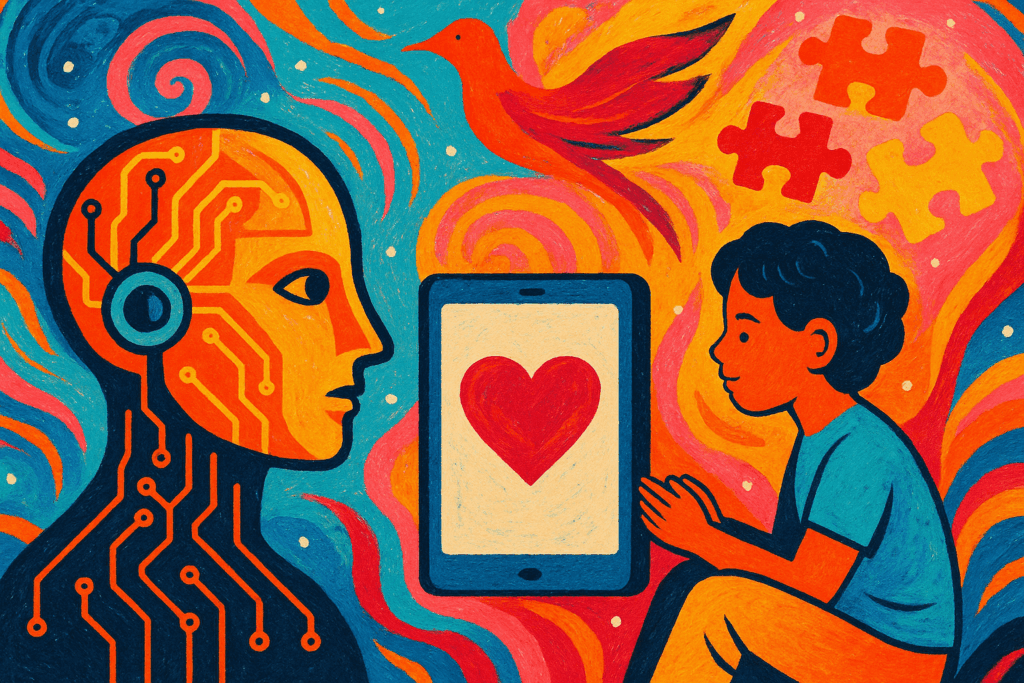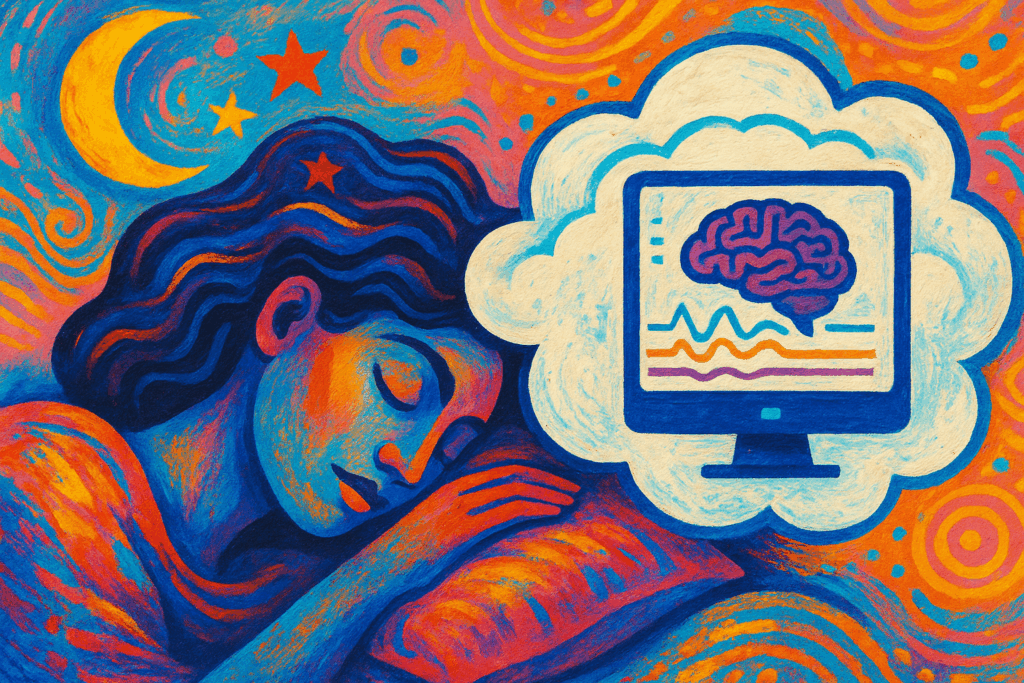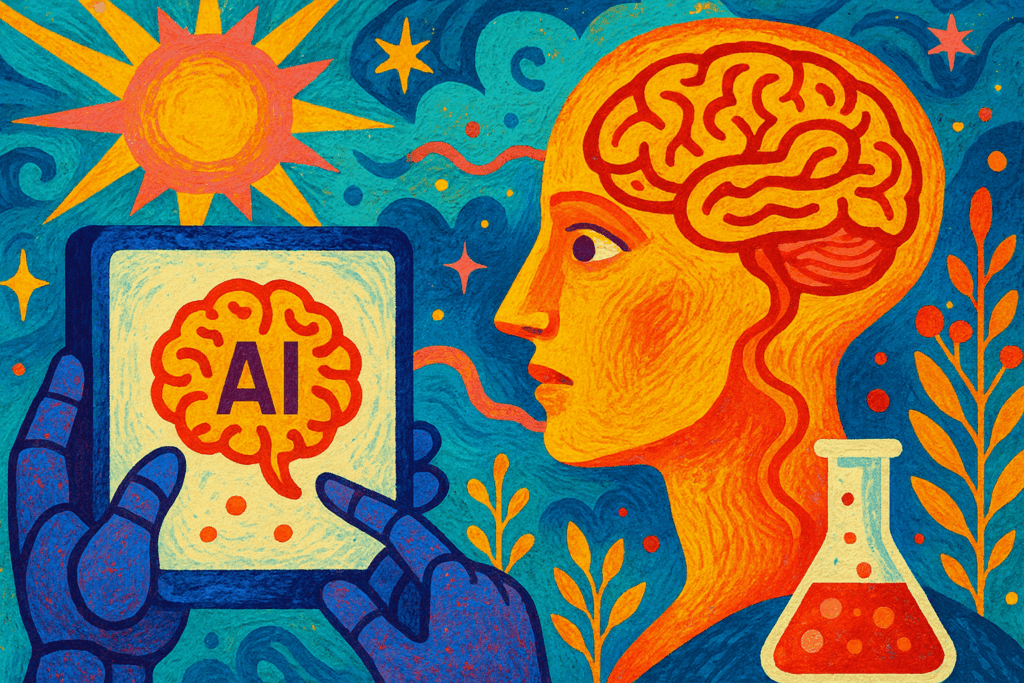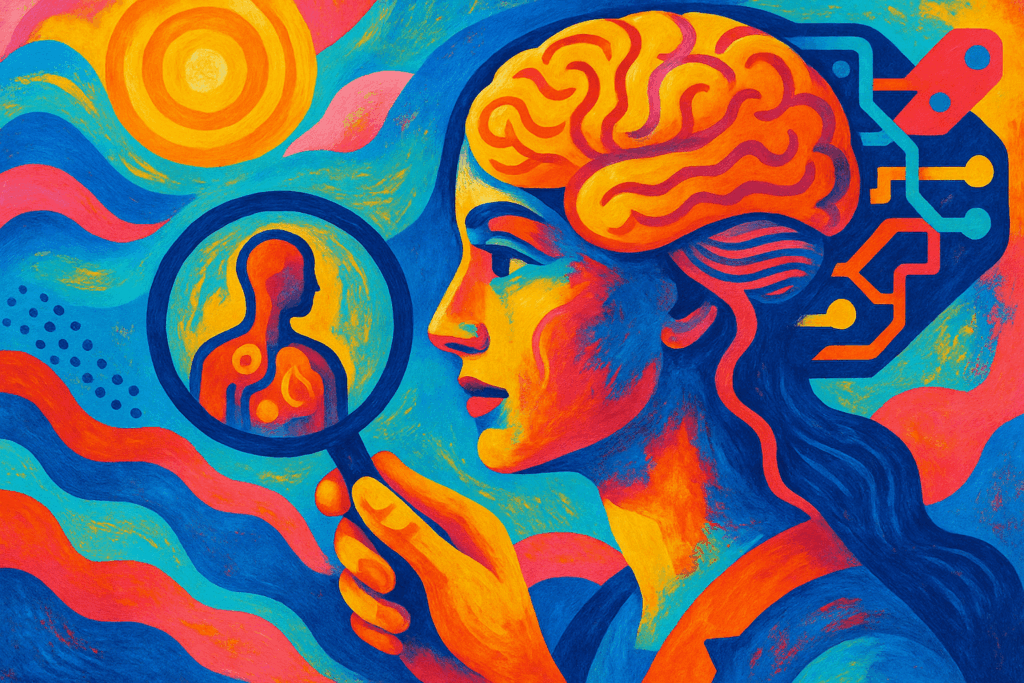AI-Powered Digital Therapeutics: Transforming Autism Care
Autism Spectrum Disorder (ASD) presents complex challenges in early detection, accurate diagnosis, and effective intervention. Conventional methods often rely on time-consuming clinical observations and subjective assessments, leading to delayed or inconsistent outcomes. Recent advances in artificial intelligence (AI) combined with digital therapeutics (DTx) offer a new path forward by introducing objective, scalable tools throughout the ASD care continuum.
A New Approach to Screening and Diagnosis
AI facilitates early screening by analyzing multimodal data such as eye-tracking, facial expressions, and behavioral patterns captured through gamified tasks. Machine learning algorithms can identify subtle gaze abnormalities and social cues that may precede clinical symptoms. For diagnosis, AI models integrating neuroimaging and other physiological data increase accuracy by uncovering complex patterns beyond human interpretation. These technologies promise faster, more precise identification of ASD across diverse populations.
Personalized Interventions for ASD
AI-driven digital therapeutics extend to individualized care through adaptive technologies. Social robots programmed to respond to user behavior help improve communication and social skills by creating controlled, repeatable interactions. Virtual reality environments simulate real-world social scenarios, allowing users to practice responses in safe settings tailored to their needs. These personalized approaches aim to support ongoing development in ways traditional therapies may not easily achieve.
Overcoming Hurdles, Shaping the Future
Despite these promising tools, challenges remain. Limited and heterogeneous data sets restrict AI model generalizability, while clinical validation demands rigorous trials and regulatory approval. Integration into existing healthcare systems also requires clinician training and acceptance. Nonetheless, continued refinement of AI algorithms, expanding data collection, and growing interdisciplinary collaboration suggest a future where AI-driven digital therapeutics become integral to ASD care, improving outcomes through earlier and more tailored interventions.




